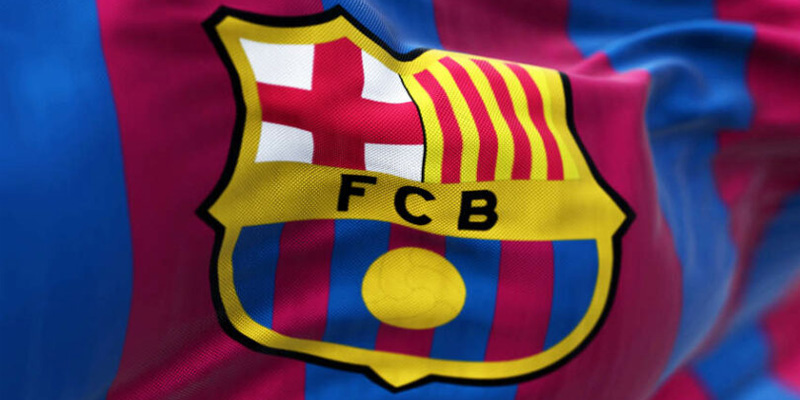Barcelona Football Club has become synonymous with excellence not just in Spain, but across the globe. Renowned for its unique playing style, rich history, and passionate fanbase, the club’s journey is filled with triumphs, heartbreaks, and unforgettable moments. This blog post dives deep into 79king the secrets that have contributed to the legendary status of the Barcelona Football Club.
Introduction to Barcelona Football Club
The story of Barcelona Football Club begins at a time when football was an emerging sport, capturing the hearts and minds of people around the world. Founded in 1899 by a group of Swiss, Catalan, German, and English footballers led by Joan Gamper, the club was established with the vision of creating a team that would embody the spirit of Catalonia. Over the years, it has transformed from a local club into one of the most successful and recognized sports teams globally.
As we explore the various facets of this iconic club, from its storied past to its present-day challenges, we will uncover how Barcelona Football Club has managed to maintain its relevance in an ever-evolving football landscape.
History and development of Barcelona
The foundation of Barcelona Football Club was rooted in the desire to bring together diverse cultures through a common love for the game. The early years were marked by struggles and successes alike, as the club sought to establish itself within the competitive landscape of Spanish football.
In the early 20th century, Barcelona began to gain traction on the field. They won their first trophy in 1902, claiming victory in the Copa del Rey, which set the tone for future success. Throughout the years, the club experienced ups and downs, with periods of relative prosperity followed by moments of hardship, particularly during the Spanish Civil War.
The 1950s heralded an era of growth for Barcelona, thanks in part to the arrival of legendary players such as Ladislau Kubala. This decade was pivotal in developing the club’s identity and igniting a passion for football among the Catalonian people.
As time marched on, Barcelona Football Club became a symbol of Catalan pride, especially during Franco’s regime when expressions of regional identities were suppressed. The motto “Més que un club” (More than a club) emerged during this period, signifying the deep connection between the club and the Catalan people.
Key achievements in Barcelona’s history
The success of Barcelona Football Club can be measured through its numerous trophies and accolades. A significant moment occurred in the 1990s when the club appointed Johan Cruyff as manager. His revolutionary philosophy laid the groundwork for what would become known as “tiki-taka,” a precise passing style that prioritized ball possession.
Cruyff’s influence ushered in a golden age for Barcelona, culminating in the club’s first UEFA Champions League title in 1992. This iconic victory over Sampdoria was a defining moment, solidifying Barcelona’s presence on the European football stage.
In the subsequent decades, Barcelona Football Club accumulated numerous titles, including La Liga championships and more Champions League triumphs. The emergence of homegrown talents like Lionel Messi, Xavi Hernández, and Andrés Iniesta further enhanced the club’s reputation, leading to unparalleled success both locally and internationally.
Progress and improvements in recent years
In recent years, Barcelona Football Club has faced unique challenges, including economic difficulties and shifts in management. However, the resilience shown by the club remains unwavering. Under the presidency of Joan Laporta, who returned to office amid financial turmoil, the club has adopted strategies aimed at revitalizing its operations.
The focus shifted toward youth development and investing in the academy system, which had been instrumental in producing world-class talent for the club. By prioritizing the training of young players, Barcelona aims to create a sustainable model that aligns with its long-standing tradition of nurturing talent.
Moreover, new signings have brought fresh energy to the squad, complementing the seasoned veterans still roaming the pitch. The blend of experience and youth forms the cornerstone of the ongoing evolution of Barcelona, ensuring that the club remains competitive at both national and international levels.
Conclusion
The secrets behind the legendary stature of Barcelona Football Club are multifaceted, encompassing a rich history, a devoted fanbase, exceptional talents, and an unwavering commitment to excellence. While the road ahead may present challenges, the club’s resilience and dedication to its core values provide hope for continued success.


